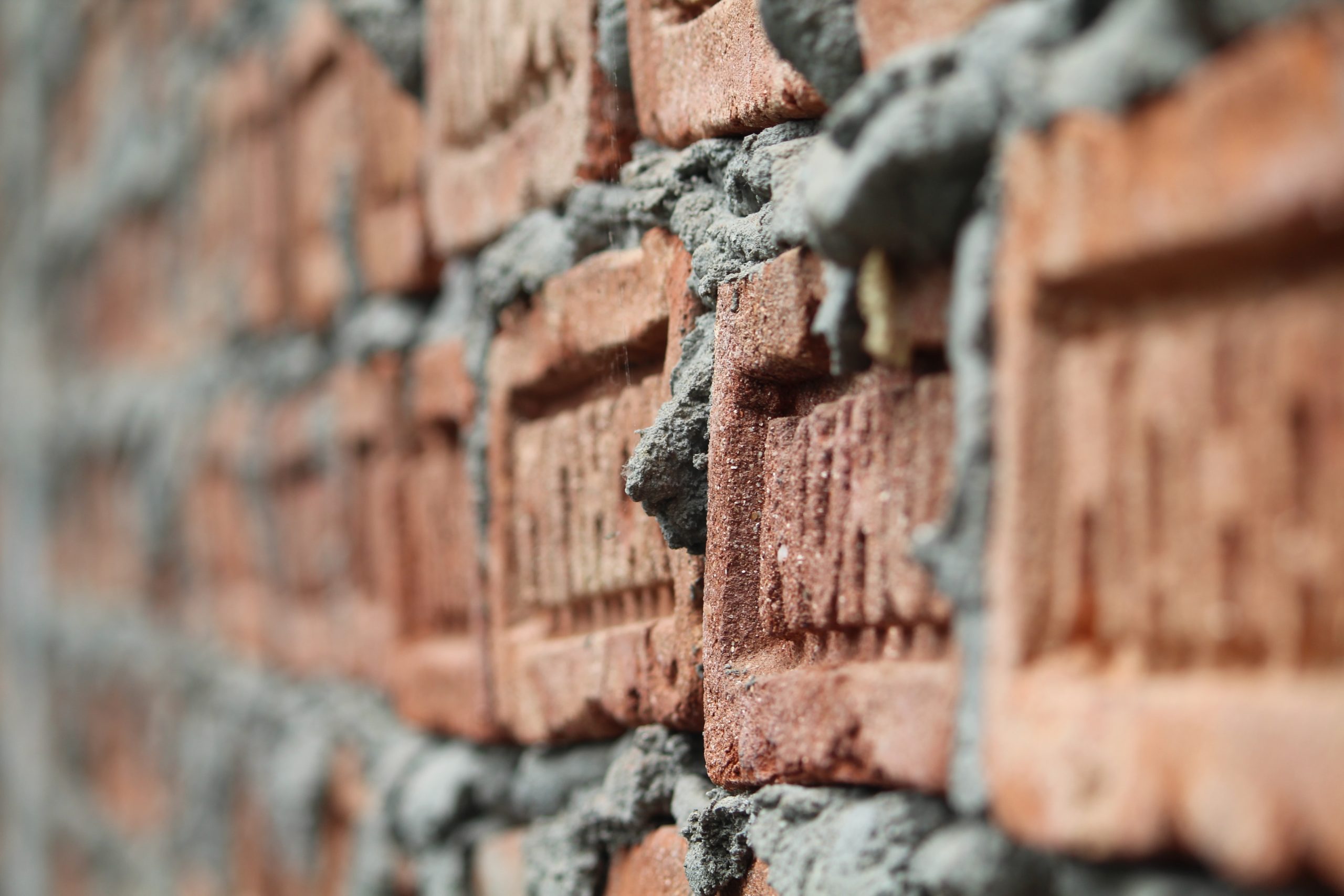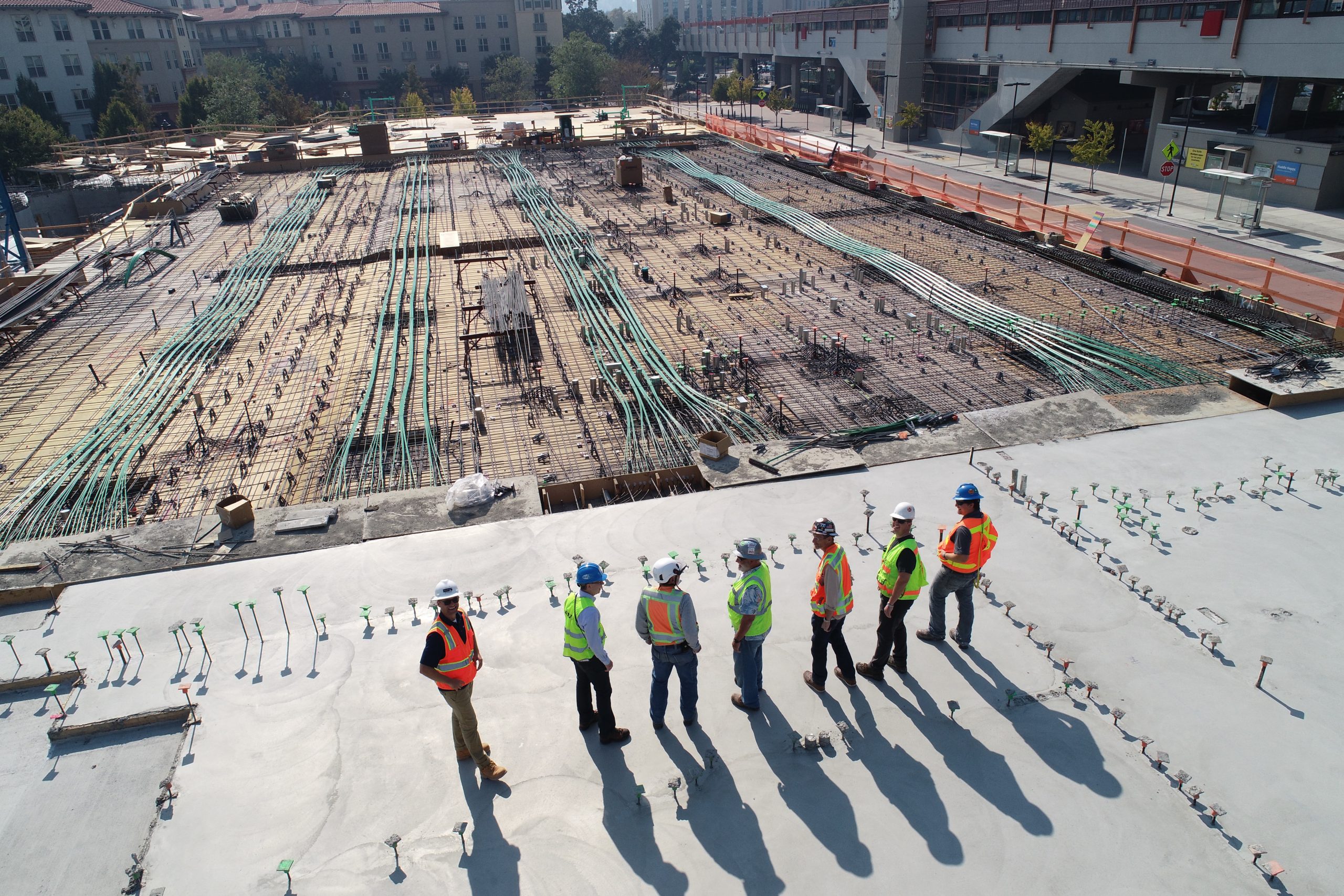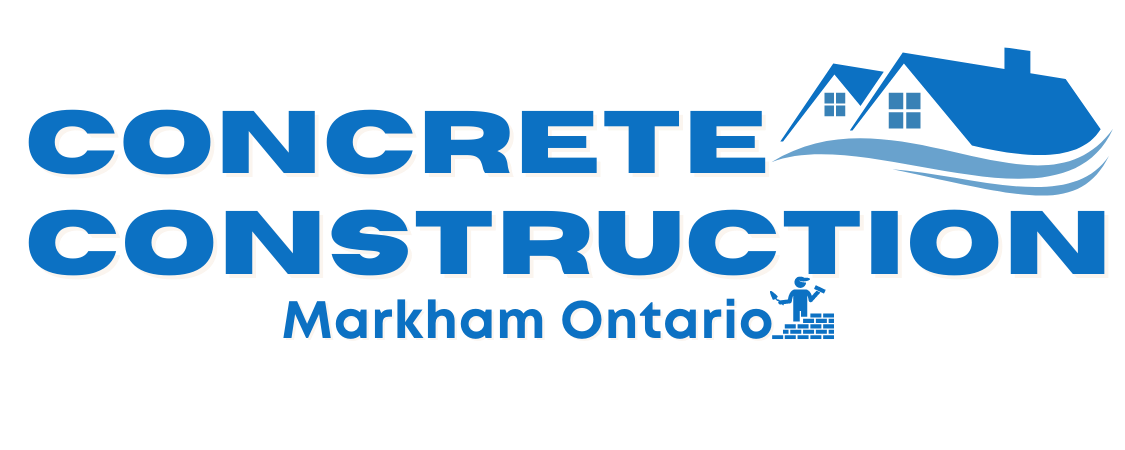
Concrete construction refers to the use of concrete, a versatile and durable material made from a mixture of cement, water, and aggregates, in the creation of various structures. The popularity of concrete as a choice for building projects can be attributed to its many advantages, including its cost-effectiveness, strength, and environmental sustainability. When compared to other materials like wood or steel, concrete excels in longevity and requires less maintenance, making it an ideal choice for both residential and commercial construction projects. Furthermore, advancements in concrete technology have led to the development of innovative solutions, such as precast and prestressed concrete, which have significantly enhanced the efficiency and quality of modern construction projects.
Who is a concrete constructor?
Concrete Construction Basics to Familiarize Yourself With
To better understand the fundamentals of concrete construction, one must familiarize themselves with essential concepts and techniques. Firstly, the concrete mix design is pivotal to achieving optimal strength and durability, with careful consideration given to the proportions of cement, water, and aggregates used. Secondly, the proper implementation of reinforcement, such as steel bars or fibers, is crucial in providing enhanced structural performance and preventing premature failure. Lastly, concrete curing – a process that allows the concrete to gain strength over time – plays a vital role in ensuring the long-term integrity and stability of the finished structure.
How to Choose the Right Concrete Contractor for Your Project

Selecting the right concrete contractor for your project is a crucial step in ensuring the success of your construction endeavor. Begin by conducting thorough research, comparing the expertise, experience, and reputation of various professionals within the industry.
It’s also essential to verify that potential contractors are licensed, insured, and adhere to industry best practices. Additionally, openly communicating your project’s specific requirements, timeline, and budget will enable you to find a contractor whose capabilities align with your needs, ultimately ensuring a high-quality result.
How to pick a reliable contractor for your work
Top Benefits of Using Concrete Construction in Your Projects
Concrete construction offers numerous benefits that make it an appealing choice for various project applications. One of the foremost advantages is its exceptional durability, enabling structures to withstand harsh environmental conditions and heavy loads for extended periods.
Additionally, concrete’s versatility and adaptability allow for a wide range of architectural styles and design possibilities, catering to diverse aesthetic preferences and functional requirements. Lastly, using concrete in construction contributes to energy efficiency and sustainability due to its innate thermal mass properties and its recyclable nature, making it a cost-effective and environmentally responsible choice.
An honorable mention in the benefits of using concrete construction in your project is the new moss cement. A bio-receptive cement that can cover any surface which offers so many advantages like clearing Carbon dioxide from the atmosphere. Read more about moss cement
How to Save Money with Concrete Construction?

Implementing cost-saving strategies with concrete construction can significantly reduce project expenses without compromising quality. One effective approach is to utilize precast concrete components, which can be efficiently produced off-site and easily assembled, minimizing labor and construction time.
Additionally, investing in innovative concrete mix designs and reinforcing materials can enhance the performance and lifespan of the structure, thereby reducing maintenance and repair costs. Furthermore, incorporating energy-efficient design features such as passive solar heating and natural ventilation can lower utility expenses and contribute to long-term savings.
Conclusion
In conclusion, concrete construction offers numerous benefits in terms of cost savings, structural performance, and sustainability. By employing strategies such as precast concrete components, innovative mix designs, and energy-efficient design features, project expenses can be reduced without sacrificing quality.
Furthermore, concrete’s attributes contribute to its environmentally responsible nature and thermal mass properties, making it an ideal material choice in various construction projects. Ultimately, these factors highlight the undeniable value and potential that concrete brings to the industry, paving the way for more efficient, sustainable, and cost-effective structures in the future.
